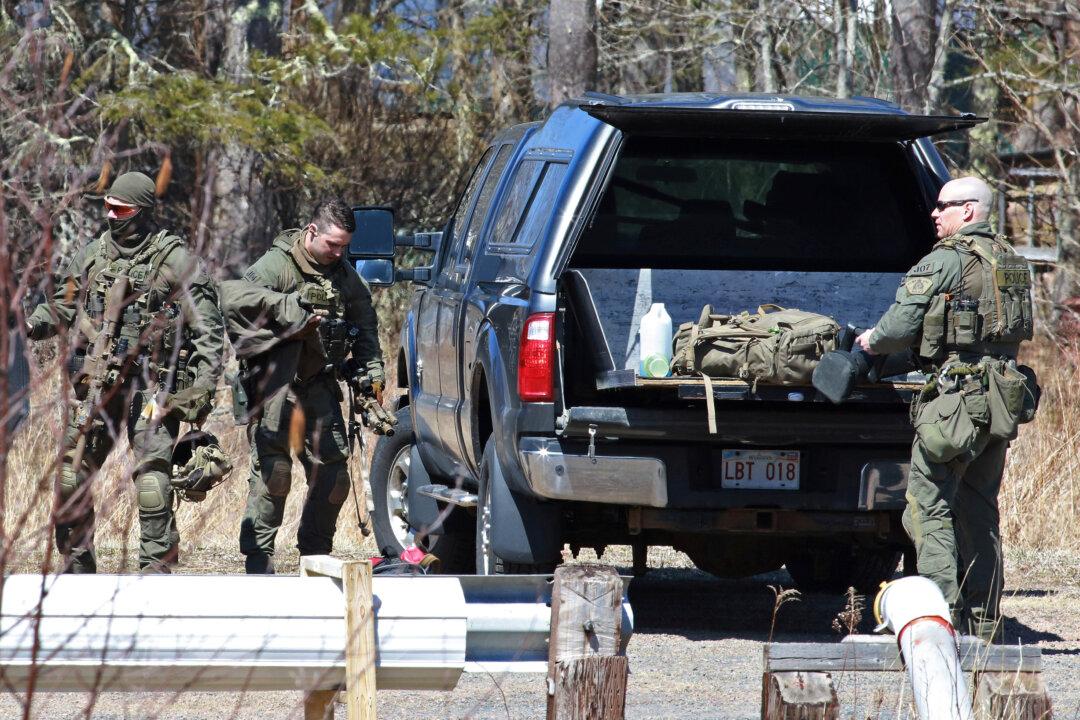The final report of the inquiry into the 2020 Nova Scotia mass shooting calls for an overhaul of the RCMP, among a long list of other recommendations.
On April 18–19, 2020, Gabriel Wortman killed 22 people, injured three others, and set fire to multiple houses at locations across Nova Scotia before he was shot and killed by police.





